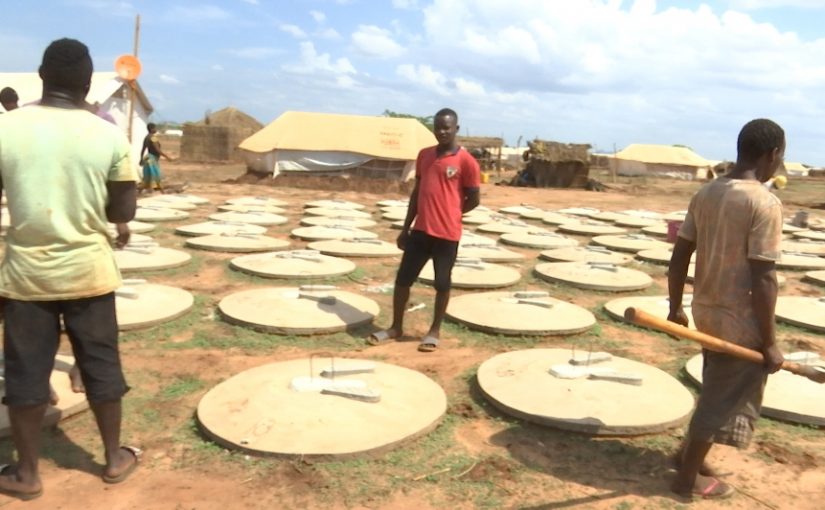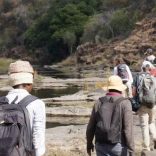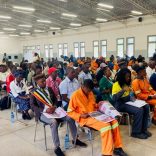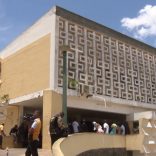Limak Group and UEM announce partnership to support Mozambique’s next generation of women ...
“Life goes on, but the soul is unsettled”: IDPs from Cabo Delgado resettled in Corane

Photo: O Pais
The lives of the approximately 2,100 internally displaced people (IDPs) resettled in Corane, Nampula, look as though they’re returning to normal, but some are in distress at knowing their relatives are still in areas under terrorist control in Cabo Delgado.
This was the first resettlement centre in the country for IDPs from Cabo Delgado – forty days after resettlement started, the tents made available by the government serving as their first shelter. The instruction is for each family to build a ‘transitory house’ on its 20 by 30 metre plot, and free the tent for others in need.
Attempts are being made to rebuild the life destroyed by terrorists in Cabo Delgado’s northern districts.
Samine Mahando comes from Mocimboa da Praia and has lived in Corane for a month and four days with his three children. “I am very interested in returning to Mocímboa da Praia”, he says nostalgically, explaining: “I left a lot there.”
He appreciates the effort made by the authorities in Nampula to provide basic conditions for starting life over, but regrets sleeping on a mat in a tent whose floor is the tent itself. “There are many animals under these tents: scorpions, millipedes [called ‘Maria’s Cafés’ in Mozambique]. I ask the Government to help us out with mattresses, or at least those traditional beds.”
Renita António is part of a family of seven. He is grateful for the welcome, but cannot hide his anguish over the fact that part of his family is still in the forests of Macomia. “They already came out in Macomia-sede, but they are in the bush. My mother is in the village of Nova Zambézia. They are in the bush because of fear of what they saw at the administrative post of Chai. I don’t know what to do to get my family here,” he says.
Manuel Miguel heads a family of five. Every day they try to integrate themselves in the new place. “Since we arrived here, we have never been in a really bad way, but what worries us here is the rain and the wind that uproots our tents,” he says.
The National Institute for Disaster Management (INGC) leads the operational part of the resettlement process. “We have enough stock to be able to provide regular, monthly assistance. We know that families want more, but we can guarantee a monthly ration where each person in a family gets the 10 kg of cereals, 2 kg of beans and 1 litre of oil that we will be able to provide, at least in the near future,” INGC provincial delegate in Nampula Alberto Armando says.
By Ricardo Machava












Leave a Reply
Be the First to Comment!
You must be logged in to post a comment.
You must be logged in to post a comment.